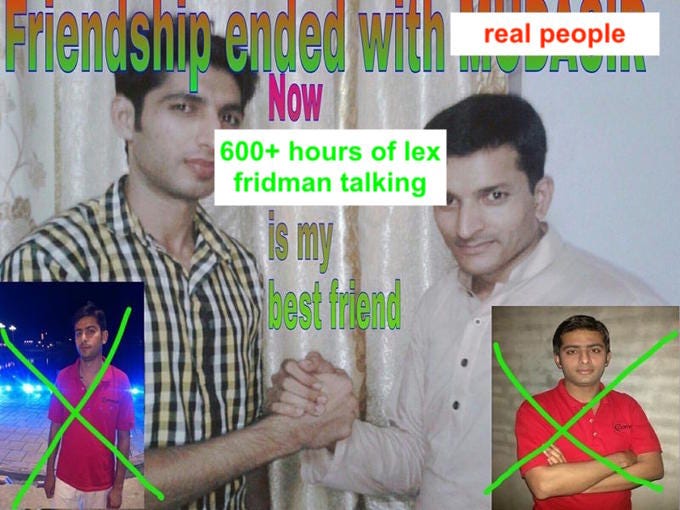Why BitClout is Sort-Of Dumb
BitClout is a crypto social network that centralizes social capital.
Every creator on BitClout has a coin that users can buy or sell.
For Twitter, the relationship between a user and a creator is a binary function. Follow or Unfollow.
For BitClout, the relationship between a user and a creator is a continuous function. Buy $1, $10, or $100 in tokens - it's up to you:
BitClout is interesting. The relationship between a user and creator is no longer binary.
This dynamic is great for incentivising higher-value interaction with users. You're no longer dunking on someone to earn followers. You're clout chasing for cold hard cash.
High-quality clout chasing might net you a bigger payday. Creator investment in high-quality content has a more efficient reward mechanism.
I encourage you to explore BitClout for yourself. In this post, I focus on one shortcoming:
Centralization of Social Capital
Open social networks democratize access to social capital. This is great, but messed-up incentive engineering leads to ruin.
Let's think of a twitter profile as an attractor. Quality content attracts followers. Monetization of attention usually operates as a repeller.
BitClout is interesting because monetization is almost always aligned with attention. Users buy Creator Coins as an investment in upside potential.
Quality of content is part of the equation, too. BitClout's monetization strategy produces a two-dimensional attractor around creators.
BitClout is a social network with stronger attractors than Twitter.
The incentives of BitClout Creator Coins compound mimetic desire. The incentive engineering of BitClout generates stronger attractors, leading to more centralized networks.
Centralizing Social Capital Might Be a Bad Thing
A network with self-reinforcing attractors sounds like a good thing for creators. But incentives increase for the attention-seeking bad behavior of traditional social media (hot takes, dunking, etc.).
Much of social media interaction today is one-way. For example, I love listening to Lex Fridman's podcast when I work out. It has gotten to the point where it feels like I could be a friend of Lex's. If I saw him in public I’d say something like "what's up Lex!" without thinking. To my chagrin, Lex doesn't feel the same way about me. He can never feel the same way because millions of his fans have the same one-way friendship with him, too.
But traditional social interaction is two-way. There's a give-and-take dance we learn & grow from. Let's extrapolate to an extreme: What does a society look like when most interaction is read-only? Mimesis is a low-computation unidirectional form of intelligence. Should there be functions to control runaway mimetic desire?
I don't want my local community to be full of quiet, insular people worshipping an oligarchic class of digital clout chasers.
Think about any major metropolitan area in the US. Sound familiar?
What We Do About It
Two-way interaction is important for social media of the future. Snapchat mastered this idea for pre-existing friendships IRL.
We need better tools for discovery of people in your zone of proximal development.
BitClout's innovation in monetizing relationships between users is a good idea. But, unrestricted access to investment reinforces lower-quality one-way interaction.
What if creators had a scarce number of invested relationships? Let's call this a Social Access Token.
Social Access Token: A scarce token minted by ‘User A’ and traded to ‘User B’ granting privileged social access to ‘User A’ from ‘User B’ within a given network.
BitClout + Social Access Tokens = 🤯
Imagine if a creator gave Social Access Tokens to collaborators. These tokens could come with rights to interact with the creator at a deeper level.
Social Access Token markets could lead to more efficient distribution of relationships in a network. They can also be the substrate of a network.
Welcome to Mote, my newest obsession. It’s a social network governed entirely by social access tokens.
Get involved with my tokenized social network on Discord or watch the 3-minute explainer here.
Mote evolves with contributions from people like you! Follow along or help contribute as I build publicly.






